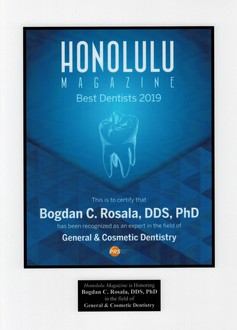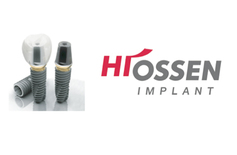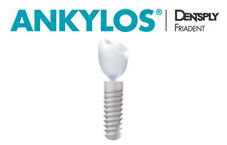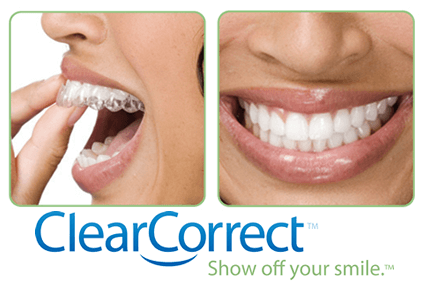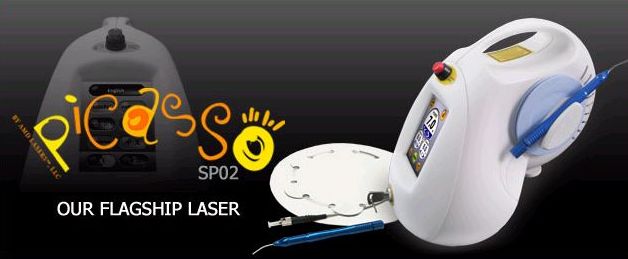
Restorative Dentistry and Its Advantages
As we grow older, we become easily exposed to dental health problems from minor toothaches to tough cavities, bacterial plaque, tartar, etc. Having damaged teeth can be stressful and uncomfortable as it impacts even the most menial activities such as chewing, eating or socializing with other people.
The possibility of experiencing tooth and gum problems highlights the importance of having regular visits to a dentist and maintaining a good home care routine. Cleaning our teeth regularly helps fight the accumulation of bacteria in our mouth and protects early onsets of oral disease or tooth damage.
If teeth become severely damaged or missing, dentists would recommend patients to undergo Restorative Dentistry. The procedure helps patients prevent further development of a disease and correct the problems assessed by the dentist.
Who is Qualified for Restorative Dentistry?
Patients whose teeth are already chipped, cracked, discolored, missing or decayed qualify for the procedure. Any trauma or developmental-related defect in the teeth can be restored through this process – may it be via filling, dental implants, crowns, lasers, caps, dentures, etc. Post-care after the procedure is also as important to maintain the quality of the 'new' teeth.
Having a regular dental check-up can help you identify early oral problems and prevent deterioration. Your dentist will assess possible tooth problems through a series of tests using visual, mechanical and radiographic techniques.
The dental procedures needed would depend on the gravity of your problem. Some procedures would only take one seating while others would require you several trips to the dentist.
Restorative Dentistry Treatment Options
Dentists would commonly remove the damaged tooth and fill it with other materials such as porcelain, tooth-colored plastic, resin or even gold and silver.
- Crowns
Dental Crowns are usually administered to teeth that have been chipped off, damaged or cracked. It's a tooth-shaped cap or 'crown' that is cemented into place over the damaged area. A specialist makes a crown for your teeth in a lab wherein the product helps your teeth become stronger and less prone to future damage.
- Fillings
Fillings make use of an amalgam or composite fillings. An amalgam is made up of alloy material usually placed at the back of the mouth. Meanwhile, composite fillings are resins used to match teeth colors for both front and back teeth.
- Veneers
Dental Veneers are somewhat similar to composite fillings. They are made of porcelain or composite material placed usually on the surface of the teeth. This is a procedure usually done for patients with cracked or chipped teeth.
- Dental Implants
For patients with missing teeth, dental implants are used by a dentist as a solution. A tooth replacement is done by inserting a titanium screw on the jaw bone where a tooth is missing. Afterward, a false tooth or a crown is attached to the area.
- Dentures
Dentures are removable replacements for patients with missing teeth. Similar to that of a dental implant, they are acrylic resin with metal attachments. People with full missing teeth are given complete dentures while partial dentures are for only for patients with few teeth missing.
What are the Advantages of Restorative Dentistry?
Restorative Dentistry can do wonders in helping a person with dental problems. The process bridges gaps and aligns teeth, which improves your overall oral health for a long time.
- It improves overall teeth appearance
Restorative dentistry can improve the physical appearance of your teeth. The dentists use procedures that gives your teeth a natural look. On top of that, your teeth become more aligned, even, and healthier-looking. Dental implants can correct missing gaps while having a dental crown gives your teeth a homogenous color as it is replicated with the same shade as your teeth.
- It restores standard teeth functioning
Teeth or dental problems can affect our natural ability to speak or eat. For example, missing one or more of your teeth can significantly affect how we pronounce certain words. With restorative dentistry, such tasks become easier to do and we can enjoy the act of properly chewing our food or eating.
- It removes feelings of discomfort
A chipped or decayed tooth can make us feel uncomfortable and uneasy, especially in a public setting. Furthermore, some dental problems can be very painful, especially with severely decayed teeth. With restorative dentistry, we get to be confident again, be relieved from pain and worry less about the previously existing dental problem. Root canals and crowns can be good procedures to restore cracked or chipped teeth.
- It improves the teeth's structure
Restorative dentistry is a specialization focused on making sure that your teeth are not only functional and aesthetically pleasing, but healthy as well. The procedures would require intensive cleaning which helps prevent future plaque build-up and other possible dental problems.
'New' teeth can also make it easier for us to maintain good dental health routine and maintain the structure of our jawbone. A missing tooth can make our dental structure weak as opposed to having a new set of teeth.
- It provides a more convenient and long-lasting solution
Undergoing the process of restorative dentistry is a more ideal option than to neglect dental problems, which would cause even more severe issues in the future. Dentists also use materials such as ceramic or porcelain materials which are highly durable. Dental implants bond with the gums which makes it last longer.
For senior citizens, dental implants are the best option as it not only strengthens the jawbone's structure but also corrects broken teeth and prevent gum problems.
Taking Care of Your Teeth after Restorative Dentistry
It is also important to take care of your teeth even after dental procedures. Neglecting your teeth and having poor routines can still cause future problems. Thus, proper maintenance is still the key to a strong and healthy teeth and gums.
You can maintain the quality of your teeth and prevent oral problems by brushing your teeth at least twice a day, remembering to floss your dental implants or crowns, and using a reliable antibacterial mouthwash. If you have dental implants, bridges or crowns, avoid chewing on very hard food to avoid damaging or breaking. Take care of your teeth and smile easy.

